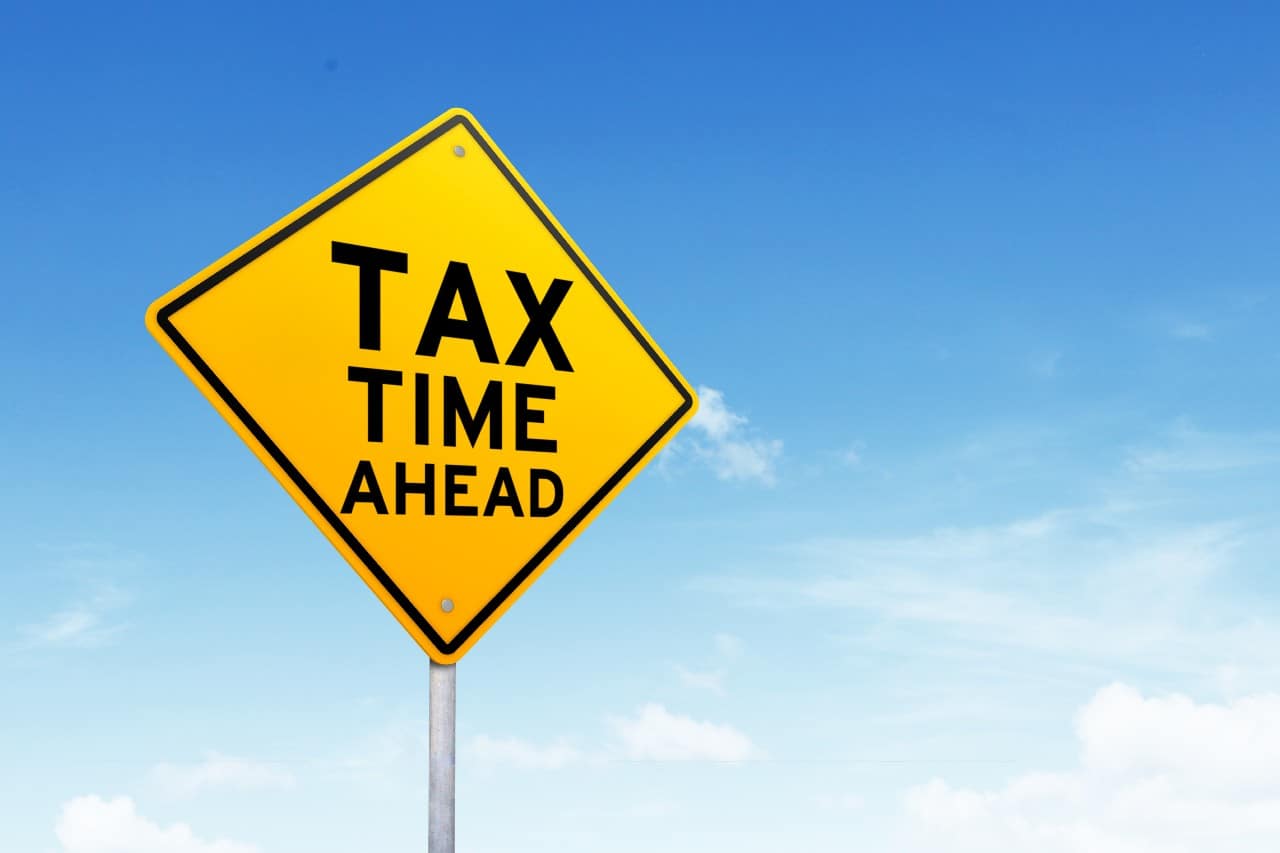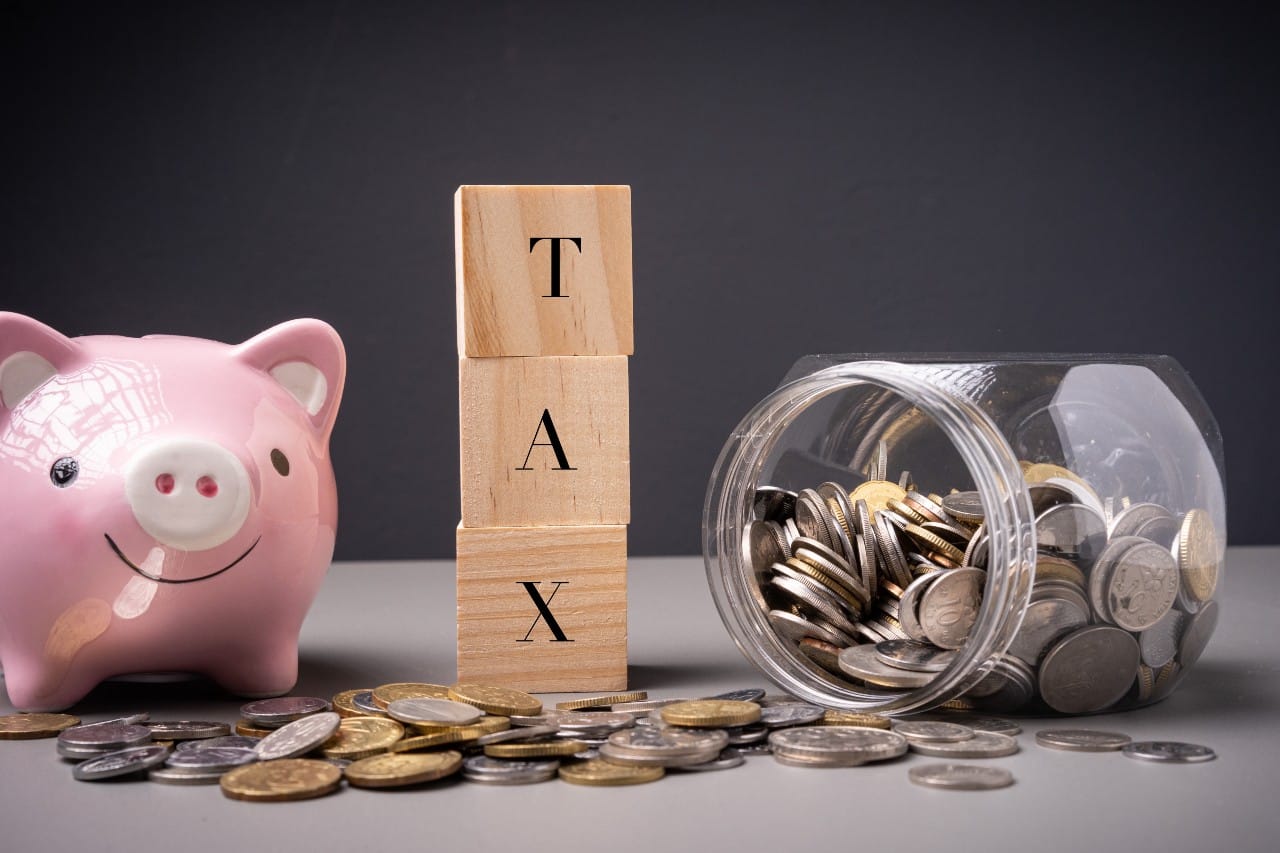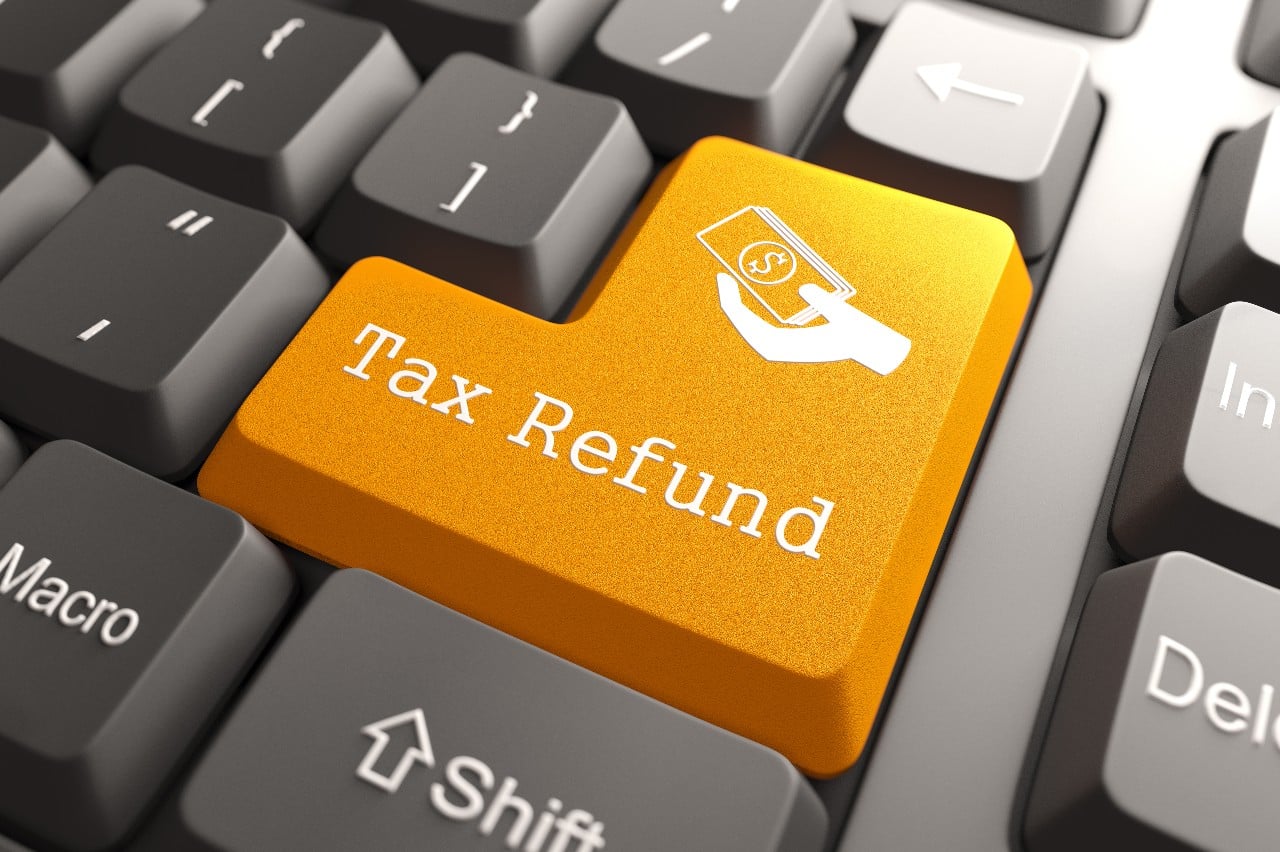Major life events like changing jobs, starting a business, buying a house, or getting married can impact how you plan for your finances. As you get older and your sources of income change over time, it is important to understand what this means for your personal income taxes.
For example, starting a new job with a higher annual income can mean your tax bracket will change, and your marginal tax rate may increase. Also, birthing a baby or adopting one can make you eligible for the Canada Child Benefit (CCB) payment.
Let’s explore how common life changes can impact your taxes as a Canadian.
Starting a New Business
You can start a business as a sole proprietorship, partnership, or corporation. Depending on the type of business you start, you may need to file a business tax return separately from your personal income tax return.
A sole proprietorship business can be just a side hustle. For this type of business, you may not need to register your operations. Especially if you are operating the business under your name. Legally, your sole proprietorship business is not separate from your personal identity. Any income you make from the business is taxed at your marginal tax rate. This also applies to income from partnership businesses.
On the other hand, if your business is a registered corporation, your business income will have a separate tax requirement. Only the income you pay yourself as a salary or dividend income will be taxed as personal income.
Getting Married or Becoming Common-law Partners
Suppose you take a big step and decide to get married or have a common-law partnership. Your personal tax situation can change if Canada Revenu Agency requirements consider joint household income.
For example, the GST/HST tax credit payments between July 2022 and June 2023 are based on the 2021 tax year net income. The net income limit for the GST/HST credit is $49,166. For married or common-law couples without children, this limit becomes $52,066.
Only one person in a household gets the credit. If you were eligible, you could receive up to $467 as a single person, that is $934 for both eligible persons. However, as a married person or someone with a common-law partner, your joint family GST/HST tax credit reduces to $612.
This scenario also applies to tax credits and deductions such as Canada Workers Benefit and disability supplement payments.
Buying a Property
A home purchase will be one of your most significant financial decisions. As a homeowner, here’s how a new property can impact your personal income tax.
Some provinces require a land transfer tax payment when you buy a property. Also, when buying a house, you may be eligible for the GST/HST new housing rebate to refund some of the taxes you paid on your new property.
Ontario, Manitoba, New Brunswick, Saskatchewan, and British Columbia offer grants and credits to those that have paid certain property-related taxes. They also apply to seniors.
Each province in Canada requires property owners to pay property taxes. Your property taxes fund education, community centers, parks, libraries, police services, fire department services, and other city services.
Property taxes depend on the property assessment and value of your home. The amounts differ across cities, provinces, and territories. For example, in Ontario, the 2022 Toronto residential property tax was 0.63%, while Mississauga’s was 0.83%. Windsor had the higher property tax rate at 1.85%.
Giving Birth or Adopting
The Government of Canada recognizes the need for financial support and benefits to help with the costs of raising a child. As such, you can register to receive Canada Child Benefit payments for your child automatically. The amount you receive is tax-free and will depend on the household’s net income.
Also, if your child has a physical or mental impairment, you can qualify for the Disability Tax Credit (DTC) and the Child Disability Benefit (CDB).
As soon as your child has a social insurance number (SIN), you can open a registered education savings plan (RESP) account on their behalf. The RESP is a savings account used to save and invest in your child’s post-secondary education. The funds can be used for any accredited university, college, or vocational school.
In addition to your savings, you can receive a Canada Education Savings Grant from the government to support your child’s education.
Retirement
Retirement planning is a significant part of your financial plan. When you decide to stop working, usually from age 60 to 65, you will need retirement income to pay for your living expenses.
Many opt to contribute to a Registered Retirement Savings Plan (RRSP) or a pension account for retirement purposes. Both employed and self-employed tend to use RRSPs. Generally, you only have access to your pension savings once you retire.
When you retire, you will receive periodic pension income from the Canada Pension Plan (CPP) or Quebec Pension Plan (QPP). The amount you receive depends on a few factors:
- How much you contributed to the plan
- How old you are when you begin collecting payments
- How much you earned throughout your active work life
For example, if you retire at 65 in 2023, you can receive up to $1,306.57 in monthly CPP payments.
If you are eligible, you can also get retirement payments through the Old Age Security (OAS).
RRSP funds must be converted into a Registered Retirement Income Fund account by the end of the year you turn 71. Another option is to purchase an annuity that pays you income periodically.
You can also withdraw all the money from your RRSP. However, this will lead to immediate tax on your total funds.
What Next?
When preparing for your income tax return, remember to account for the significant changes in your life that happened that year. They may impact your tax assessment. Knowing what impact they have and adjusting accordingly can make a big difference to your finances. Remember to claim tax deductions and credits you are eligible for and pay taxes you owe. You can review your notice of assessment through your CRA personal tax account.
The NETFILE system has made filing taxes easier than ever before. There’s no need to wait until the last minute or stress about taxes anymore. All you need is your NETFILE access code, which you can find on your previous year’s notice of assessment.
Avoid tax debts by planning early and creating a tax payment plan. If you do find yourself struggling because of tax debt there are options. The CRA may work with you to set up a payment plan. Or you can contact debt.ca to help with developing a debt payment plan.










